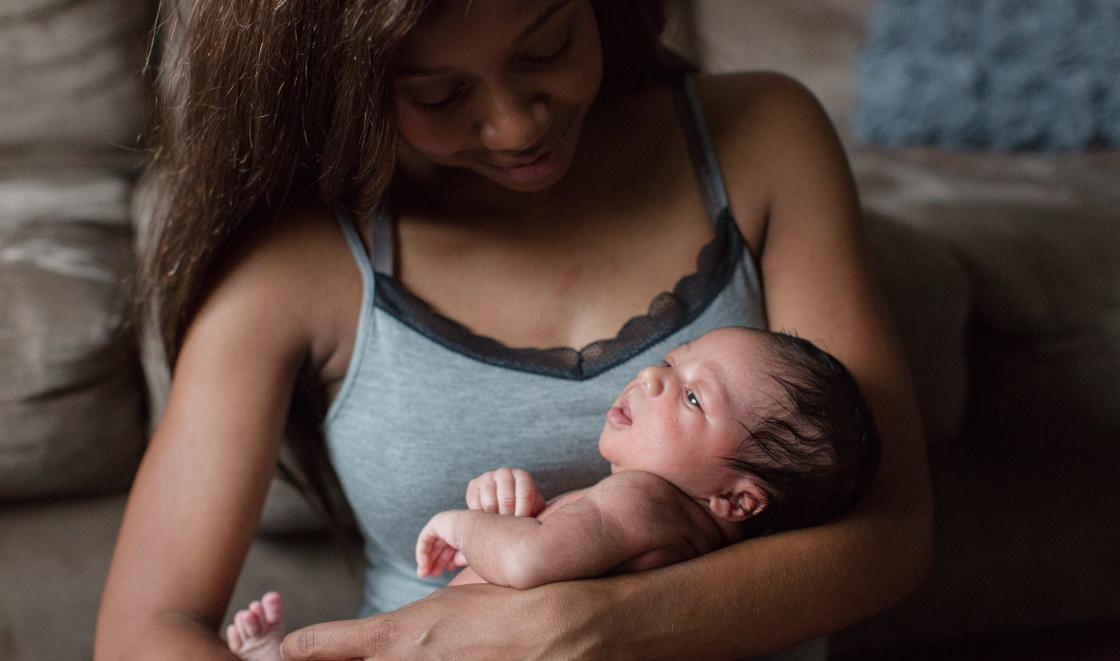The research, published in Lancet Psychiatry, is the first of its kind to evaluate the effectiveness of CPMHTs, and suggests that women with access to specialist support have a reduced risk of acute relapse after birth, but also highlights the importance of the need for mental health services to work more closely with maternity services.
CPMHTs were rolled out in England from 2016 as part of a unique national initiative to improve the access to specialists for women with perinatal mental health problems and overall mental health outcomes. Women with a history of severe mental illness such as bipolar disorder and severe depression are at greatly increased risk of relapse in the first few months after birth and CPMHTs aim to improve access to preventive care during pregnancy in addition to treating new episodes of mental illness during pregnancy and after birth. However, little research has been conducted into exploring the effectiveness of such CPMHT care.
This study identified 70,323 women who had given birth to a single baby, and who had contact with a secondary mental healthcare service in the ten years immediately before their pregnancy. Researchers followed this group to establish how many experienced acute relapses in their mental health after birth – defined as either being admitted to a psychiatric hospital, or being cared for by a crisis resolution team.
Researchers found that access to care significantly improved – 24.2% of women accessed care during pregnancy in areas where a CPMHT was available compared to 17.9% in areas where no CPMHT was available. In addition, an acute relapse after birth was found in 1117 (3.6%) of 31 276 women where a CPMHT was available and in 1745 (4.5%) of 39 047 women where one was unavailable.
